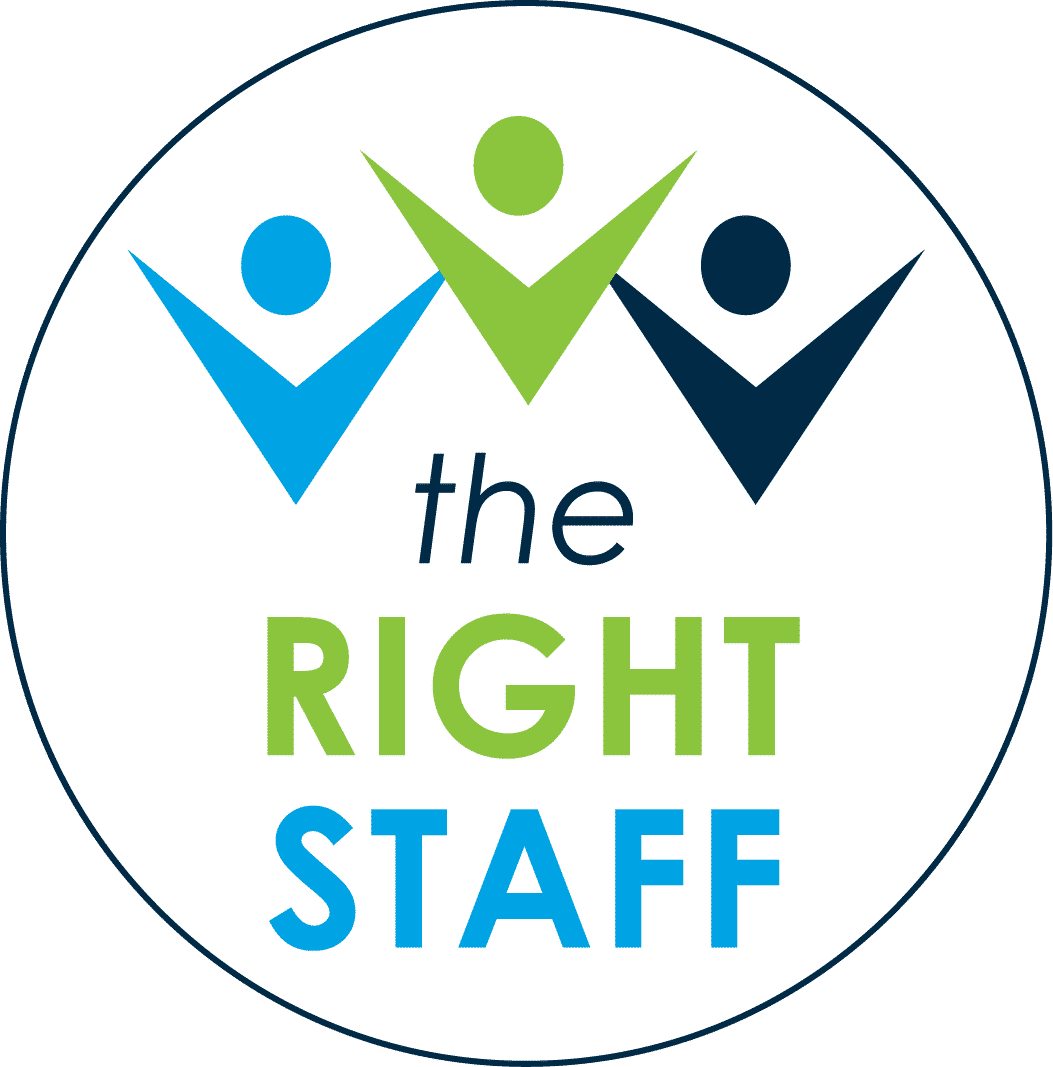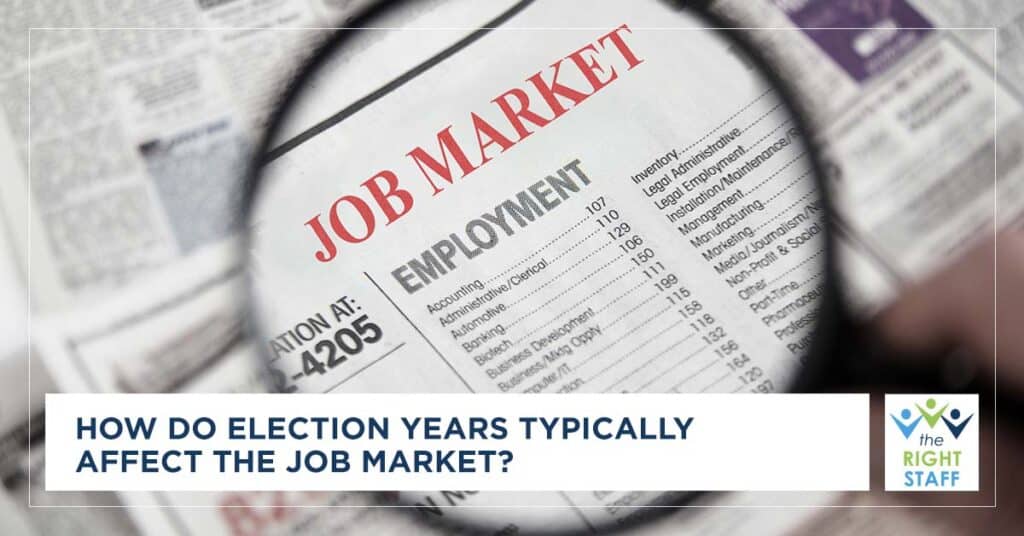Does your resume show that you spent several months or years without employment? If so, you’re not alone. The Bureau of Labor Statistics estimates that 90 percent of working people have faced a period of unemployment during their careers.
Having an employment gap on your resume isn’t a death sentence for your career aspirations – but employers will want to know what you did during that time. Here’s how to talk about gaps during an interview.
-
Prepare your answer in advance.
Employers will likely ask about gaps, so take the time to think about how you’ll answer this question. Ask yourself these questions:
- Why did I leave the workforce?
- What did I learn during that time?
- How did that experience help me be better at my career?
Your answers can form the basis for how you respond to questions about your career gap.
-
Tell the truth – tactfully.
Lying about a gap in employment could cost you your job if the dishonesty is discovered. Instead, find a way to tell the truth, but to do so in a tactful, professional manner.
If the answer is a sensitive one – for instance, you were facing a serious medical issue or personal tragedy – it’s okay to keep your answer general. “I took time off to handle a health condition.” Then, turn the conversation immediately to what you did or learned. Finish by discussing how you’re ready to rejoin the workforce.
-
Focus on what you did during the gap.
Instead of dwelling on why you weren’t working, turn the conversation toward what you did during that time that can help you in the job for which you are interviewing. For instance, did you keep reading articles about your industry? Did you take a class that can help your skills? Were you active on LinkedIn forums that deal with problems in your professional field? Did you learn an entirely new skill set through freelancing or volunteer work?
All of these activities can be valuable. They show that your career matters to you and that you work to understand your profession better even when you’re not being paid to do so.
-
Steer the conversation.
You don’t have to dwell on the reasons you weren’t in the workforce. In fact, it’s best not to do so. Explain why you were gone, what you learned, and then steer the conversation back to the job you’re interviewing for.
For instance, you might explain how a class, book or volunteer position gave you a new perspective on the job. Or you might ask the interviewer a question about the position.
At THE RIGHT STAFF, LLC, our recruiters help job-seekers connect with great new career opportunities. If you’re looking for work in Minnesota, don’t hesitate: Call us today.




